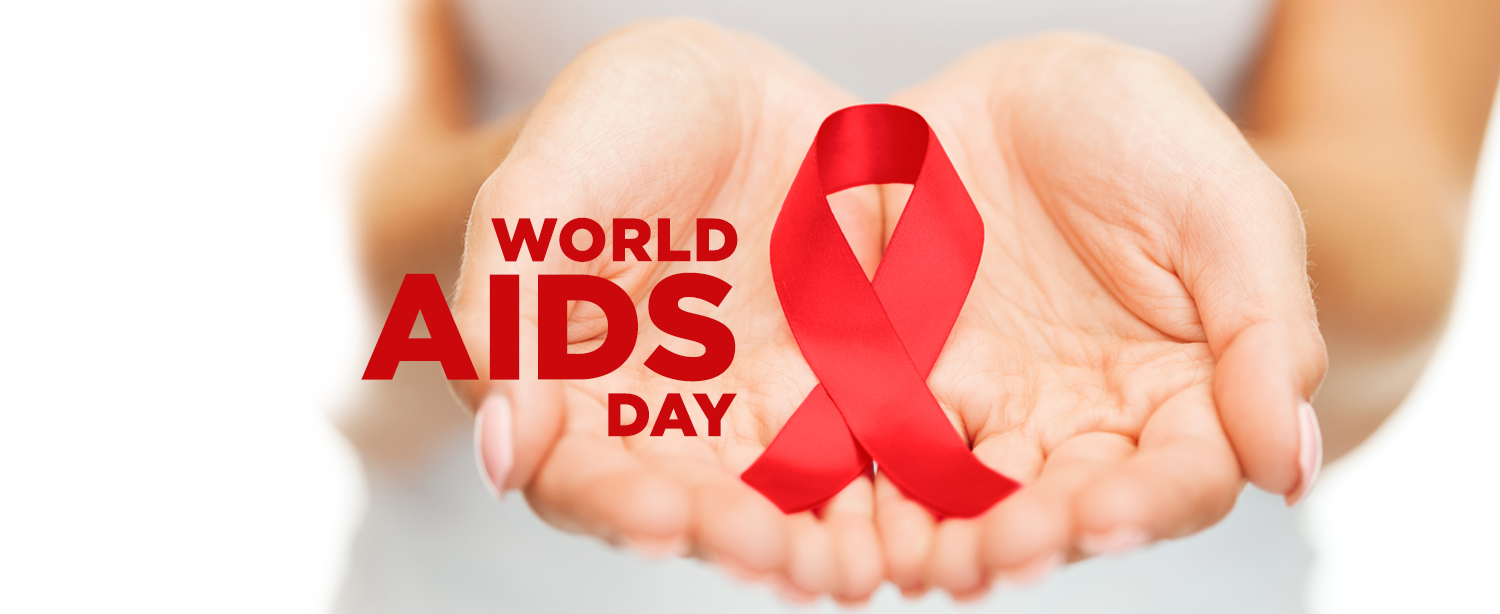Acquired immunodeficiency syndrome (AIDS) is a chronic, potentially life-threatening condition caused by the human immunodeficiency virus (HIV). By damaging your immune system, HIV interferes with your body’s ability to fight the organisms that cause disease. HIV is a sexually transmitted infection (STI). It can also be spread by contact with infected blood or from mother to child during pregnancy, childbirth or breast-feeding. There are 36.7 million people living with HIV worldwide.
There’s no cure for HIV/AIDS, but there are medications that can dramatically slow the progression of the disease. Combination antiretroviral therapy (ART) prevents HIV from multiplying in the body. If the reproduction of HIV stops, then the body’s immune cells are able to live longer and provide the body with protection from infections.
How HIV spreads
- Unprotected sexual intercourse (vaginal or anal) or oral sex with an infected person.
- Transfusions of contaminated blood.
- Sharing of contaminated needles or syringes or tattooing equipment.
- Transmission between a mother and child during pregnancy, childbirth and breastfeeding.
How HIV doesn’t spread
You can’t become infected with HIV through ordinary contact. That means you can’t catch HIV or AIDS by hugging, kissing, dancing or shaking hands with someone who has the infection. HIV isn’t spread through the air, water or insect bites.
Symptoms
The symptoms of HIV and AIDS vary, depending on the phase of infection.
- Primary infection (Acute HIV)
- Clinical latent infection (Chronic HIV)
- Symptomatic HIV infection
- Progression to AIDS
Most people infected by HIV develop a flu-like illness within a month or two after the virus enters the body. This illness, known as primary or acute HIV infection, may last for a few weeks. Possible signs and symptoms include fever, headache, rash, joint pain, mouth sores or swollen lymph glands. These symptoms can be so mild that you might not even notice them. However, the amount of virus in your bloodstream (viral load) is quite high at this time. As a result, the infection spreads more easily during primary infection than during the next stage.
In some people, persistent swelling of lymph nodes occurs during this stage. Otherwise, there are no specific signs and symptoms. HIV remains in the body and in infected white blood cells. This stage of HIV infection generally lasts around 10 years if you’re not receiving antiretroviral therapy. But sometimes, even with this treatment, it lasts for decades.
As the virus continues to multiply and destroy your immune cells — the cells in your body that help fight off germs — you may develop mild infections or chronic signs and symptoms such as fever, fatigue, swollen lymph nodes, diarrhoea, weight loss or thrush.
Thanks to better antiviral treatments, most people with HIV don’t develop AIDS. Untreated, HIV typically turns into AIDS in about 10 years. When AIDS occurs, your immune system has been severely damaged. You’ll be more likely to develop opportunistic infections or opportunistic cancers — diseases that wouldn’t usually trouble a person with a healthy immune system.
The signs and symptoms of some of these infections may include:
- Soaking night sweats.
- Recurring fever.
- Chronic diarrhoea.
- Persistent white spots or unusual lesions on your tongue or in your mouth.
- Persistent, unexplained fatigue.
- Weight loss.
- Skin rashes or bumps.
Infections common to HIV/AIDS
- Tuberculosis (TB). In resource-limited nations, TB is the most common opportunistic infection associated with HIV. It’s a leading cause of death among people with AIDS.
- Cytomegalovirus. This common herpes virus is transmitted in body fluids such as saliva, blood, urine, semen and breast milk. A healthy immune system inactivates the virus, and it remains dormant in your body. If your immune system weakens, the virus resurfaces — causing damage to your eyes, digestive tract, lungs or other organs.
- Candidiasis. Candidiasis is a common HIV-related infection. It causes inflammation and a thick, white coating on the mucous membranes of your mouth, tongue, esophagus or vagina.
- Cryptococcal meningitis. Meningitis is an inflammation of the membranes and fluid surrounding your brain and spinal cord (meninges).
- Cryptosporidiosis. This infection is caused by an intestinal parasite that’s commonly found in animals. You get it when you eat or drink contaminated food or water. It causes severe, chronic diarrhoea in people with AIDS.
Cancers common to HIV/AIDS include Kaposi’s sarcoma and Lymphoma. Other complications include neurological complications and kidney diseases.
Prevent HIV
There’s no vaccine to prevent HIV infection and no cure for AIDS. But you can protect yourself and others from infection.
- Practise safe sexual behaviour, use a condom, avoid multiple partners.
- Get tested an treated for sexually transmitted diseases.
- Avoid injecting drugs, if you do use only sterile needles and syringes.
- Ensure that any blood transfusions have been tested for HIV.
- Talk to your gynaecologist to prevent HIV transmission to your unborn child.
Risk factors
Anyone of any age, race, sex or sexual orientation can be infected. However, you’re at greatest risk of HIV/AIDS if you:
- Have unprotected sex. Use a condom every time you have sex. Your risk of HIV increases if you have multiple sexual partners.
- Have an STI. Many STIs produce open sores on your genitals. These sores act as doorways for HIV to enter your body.
- Use intravenous drugs. People who use intravenous drugs often share needles and syringes. This exposes them to droplets of other people’s blood.
India and AIDs
With prevalence of 0.26% in the adult population, India has an estimated 2.1 million living with HIV. The key populations most affected by HIV in India are sex workers (HIV prevalence of 2.2%), gay men and other men who have sex with men (HIV prevalence of 9.9%) and transgender people (HIV prevalence of 7.2%)
Get yourself tested. Be safe. Talk to experts at our Internal Medicine Department for more details, diagnosis and treatment of HIV. Please find below link:
https://www.kokilabenhospital.com/departments/clinicaldepartments/internalmedicine/hiv.html


